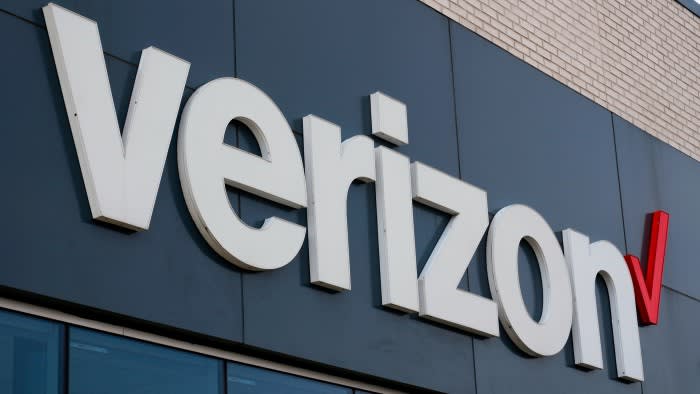Unlock the Editor’s Digest for free
Roula Khalaf, Editor of the FT, selects her favourite stories in this weekly newsletter.
Verizon has agreed to buy US fibre internet provider Frontier Communications in an all-cash transaction valued at $20bn, as the telecoms company seeks to expand its network across the country to compete with rivals.
The New York-based company said on Thursday the deal would “significantly expand Verizon’s fibre footprint across the nation” and help it provide fast broadband services to more customers.
The move by Verizon, one of the three biggest US telecoms groups, comes as dealmaking heats up in the fibre market, with providers seeking to boost their high-speed broadband services. T-Mobile earlier this year announced joint ventures with private equity groups EQT and KKR to buy Lumos and Metronet respectively.
Dallas-headquartered Frontier has 2.2mn fibre subscribers in 25 states while Verizon has approximately 7.4mn connections in nine states and Washington DC.
Verizon chair and chief executive Hans Vestberg said the acquisition of Frontier was a “strategic fit” and “an opportunity to become more competitive in more markets throughout the US”.
The company said the deal would expand Verizon’s share of the US broadband market and that Frontier offered “substantial room for increased penetration in both fibre and mobility services”.
Jonathan Chaplin, an analyst at New Street Research, said the US market was “moving towards convergence” of mobile and fixed broadband networks. He added Verizon had been “at a disadvantage with a small fibre footprint” and the deal improved its position.
Chaplin said New Street believed the three national carriers, Verizon, AT&T and T-Mobile, would. over time, acquire all of the broadband infrastructure in the US, much of which is currently “in the hands of independent broadband companies like Frontier”.
Verizon will pay $38.50 a share in cash for Frontier, which it said was a premium of 44 per cent to its 90-day volume-weighted average share price on September 3.
Nick Jeffery, Frontier’s president and chief executive, said he was “confident that this delivers a significant and certain cash premium to Frontier’s shareholders, while creating exciting new opportunities for our employees and expanding access to reliable connectivity”.
Analysts at Citi said the deal had “favourable industrial logic” for Verizon but added there “may still be a possibility for competing bids, including from T-Mobile and AT&T, given the broader industry interest in convergence”.
Frontier filed for bankruptcy protection in 2020 and emerged from bankruptcy the next year, having eliminated $10bn in outstanding debt. At the time it was the largest US telecoms collapse since the bankruptcy of WorldCom in 2002.
The company said this year it was undertaking a strategic review of the business, shortly after activist investor Jana Partners built a stake and urged Frontier to consider selling itself.
The transaction is expected to close in about 18 months. Centerview, Morgan Stanley and law firm Debevoise & Plimpton advised Verizon, while Barclays and PJT Partners advised Frontier.



